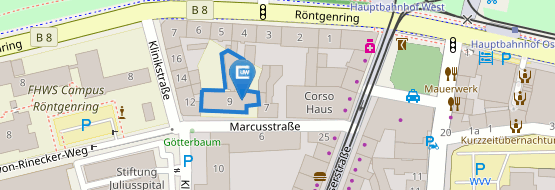Competing positive outcomes for fear and avoidance learning
Avoidance and safety behaviors are typically triggered by fear and adaptive to prevent aversive outcomes and harm to the individual. In anxiety and related disorders, these behaviors are, however, excessive, persistent, and related to irrational fears. Most importantly, these behaviors result in substantial impairments and costs for the individual (e.g., not being able to go out anymore). In this research project, we are investigating the role of avoidance costs for the development of fear and avoidance. Moreover, we examine how positive outcomes competing with threat and fear may facilitate fear-opponent action to overcome avoidance (e.g., incentive-based extinction of avoidance).
Exemplary publications:
Pittig, A., Wong, A. H. K., Glück, V. M., & Boschet, J. M. (2020). Avoidance and its bi-directional relationship with conditioned fear: Mechanisms, moderators, and clinical implications. Behaviour Research and Therapy, 126, 103550. doi: 10.1016/j.brat.2020.103550
Pittig, A. (2019). Incentive-based extinction of safety behaviors: Positive outcomes competing with aversive outcomes trigger fear-opposite action to prevent protection from fear extinction. Behaviour Research and Therapy, 121, 103463. doi: 10.1016/j.brat.2019.103463
Pittig, A. & Dehler, J. (2019). Same fear responses, less avoidance: Rewards competing with aversive outcomes do not buffer fear acquisition, but attenuate avoidance to accelerate subsequent fear extinction. Behavior Research and Therapy, 112, 1-11. doi: 10.1016/j.brat.2018.11.003
Pittig, A., Müller, B., Hengen, K., Bublatzky, F., & Alpers, G. W. (2018). Social and monetary incentives counteract fear-driven avoidance: Evidence from approach‑avoidance decisions. Journal of Behavior Therapy and Experimental Psychiatry, 60, 69–77. doi: 10.1016/j.jbtep.2018.04.002
*Bublatzky, F., Alpers, G. W., & *Pittig, A. (2017). From avoidance to approach: The influence of threat-of-shock on reward-based decision making. Behavior Research and Therapy, 96, 47-56. doi: 10.1016/j.brat.2017.01.003 *contributed equally
Pittig, A., Schulz, A. R., Craske, M. G., & Alpers, G. W. (2014). Acquisition of behavioral avoidance: Task-irrelevant conditioned stimuli trigger costly decisions. Journal of Abnormal Psychology, 123, 314–329. doi:10.1037/a0036136


